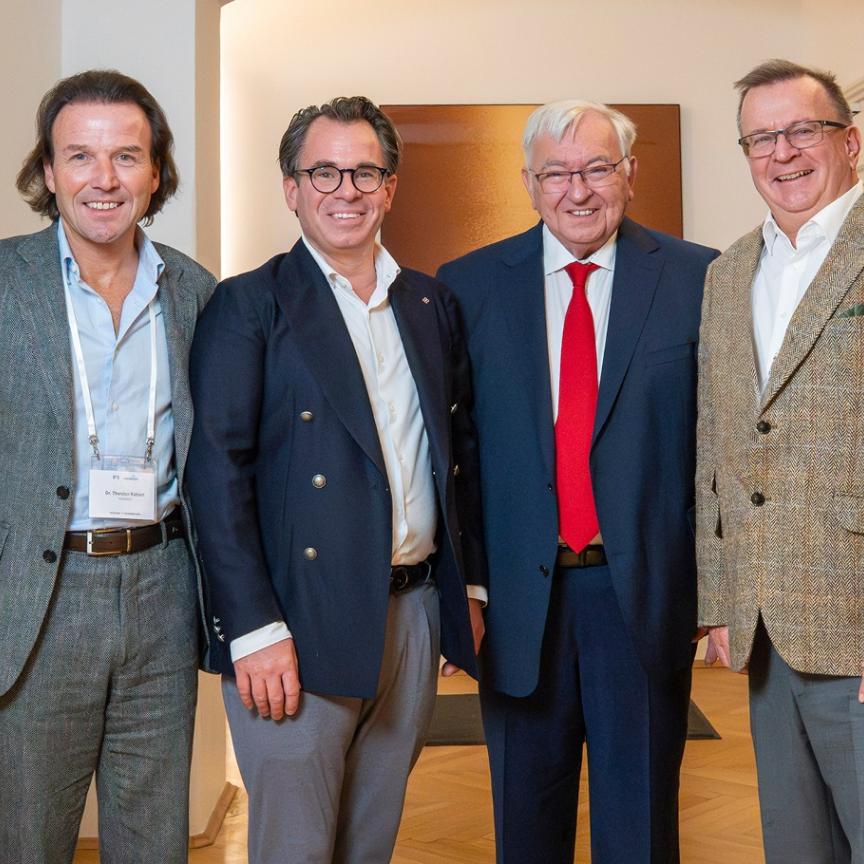Universities offering associate degrees for optics technicians could help answer the photonics skills shortage, finds Jessica Rowbury
The photonics industry needs more graduates with optics degrees and PhDs, but it is also crying out for technicians.
Yet there is a clear lack of training programmes for technician roles, resulting in a large gap between skilled workers entering the workforce and industry requirements for personnel.
This, in part, relies on changing the narrative around what it means to be an optics technician – but also on academic institutions providing training in a similar fashion to qualifications awarded at the degree level and above.
This was the focus of a recent webcast held by Electro Optics (now available to watch on demand), which looked into how academic institutions are equipping the photonics workforce.
Monroe Community College, based in Rochester, United States, is an institution working on tackling the technician shortage specifically. It is the only university in the world that awards associate degrees in precision optics.
Alexis Vogt, Professor of Optics at MCC who runs the programme, said: ‘When we look at other trades, like plumbers, electricians, welders – they have apprenticeships and they have trade schools,’ she commented. ‘This is part of the reason why we have a shortage – we [academic institutions] don’t have enough training opportunities to properly prepare the skilled technicians to enter the workforce.’
Vogt pointed to statistics showing that more than 550 skilled optics technician job openings go unfulfilled in Western New York State alone every year, and referenced similar shortages in Europe. At the same time, 20 per cent of the current workforce of technicians and engineers are approaching retirement in the US.
‘There is a worldwide shortage of optics technicians,’ she said.
Speaking during the webinar, Vogt said she decided to join the MCC programme after experiencing the severity of the optics technician shortage first-hand while working for photonics companies. ‘We were not able to send our products out of the door quickly enough because of the shortage of skilled optics technicians,’ she said. ‘The shortage of optics technicians is stifling growth.’
Associate degrees
MCC offers a one-year certificate, a two year associate degree, and a four-year transfer programme, where students spend two years at MCC and two years at a partner college to gain the equivalent of a bachelor’s degree.
The programme, which includes technical lessons combined with hands-on experience, has grown over the last six years since Vogt’s arrival, with the number of students enrolled rising from five per year to more than 100.
The college has also recently launched a Precision Optics Manufacturing Apprenticeship, which Vogt said was a result of looking closely at the German landscape and the ‘earn and learn’ programmes offered in Europe. This is currently being rolled out across the United States with help from the the American Center for Optics Manufacturing and a government grant.
Companies such as Optimax, Corning, Sydor Optics, JML Optical and others have apprenticeship with the college, but MCC is looking to expand this and is seeking additional optics companies interested in starting apprenticeships.
‘We see this as a long-term strategy to every company’s workforce shortage. Because you can train your employees when they begin as apprentices and strengthen them both through the work related instruction as well as the on-the-job instruction,’ Vogt said.
With this scheme, the on-the-job training can take place anywhere across the United States and the related technical information is taught by MCC online.
The college has more than 3,500ft2 of laboratories, and has invested in $2m of new advanced manufacturing equipment in the last year. Students are trained in conventional manufacturing methods such as grinding and polishing, but also advanced methods such as computer numeric control manufacturing, magnetorheological finishing (MRF) and diamond turning.
‘We are training our students on state-of-the-art equipment so they are best prepared to enter the workforce,’ Vogt said.
International students are able to apply to MCC – to complete the course either in-person at MCC or remotely. In remote cases, the lectures are taught over zoom, then students spend a set period of time in Rochester to complete the lab portion of the programme in person in a condensed time frame.
Changing perceptions
In addition to more educational programmes, a key part of increasing the number of technicians is spreading awareness about the importance of photonics in our everyday lives – as well as what it means to be a technician.
‘People don’t realise what it means to have a career in optics,’ Vogt said. ‘If I say “optics” there are people who still think I’m talking about a pair of glasses - we are so far removed from that,’ she said. ‘We are the industry that is revolutionising the world… and we need to get the word out about that. That is how we attract new students’
Some preconceived ideas can cause people to think technicians will just be doing the same task in a factory everyday, Vogt noted, but in reality optics technicians work closely with scientists and engineers and are involved in design, manufacturing, quality control, and testing and evaluation.
‘Getting the word out so people understand that as an optics technician they’d be working with state-of-the-art multi-million dollar equipment developing innovative technology. That’s when people get excited,’ Vogt highlighted. ‘They realise they don’t need to go to school forever, there are so many opportunities available at this level - and they’re well-paying by the way - so they can have successful careers. Not just jobs, but successful careers, with a one-year certificate or two-year associate degree.’
Contribute to our content
We're expanding our coverage on innovation, skills and training. If your organisation offers similar training programmes to the one discussed in this article, get in touch: jessica.rowbury@europascience.com


